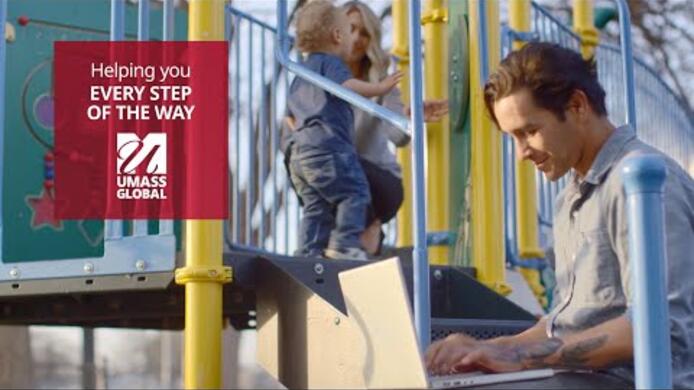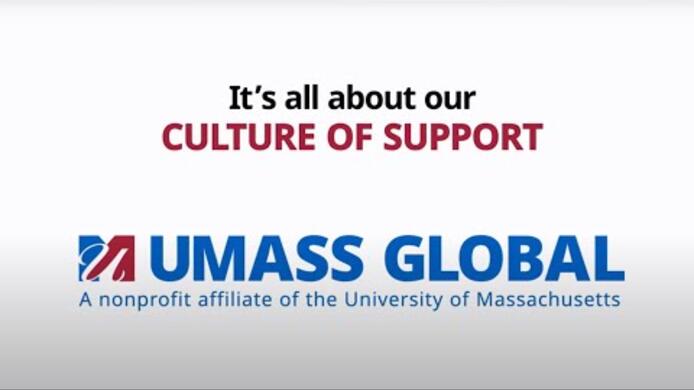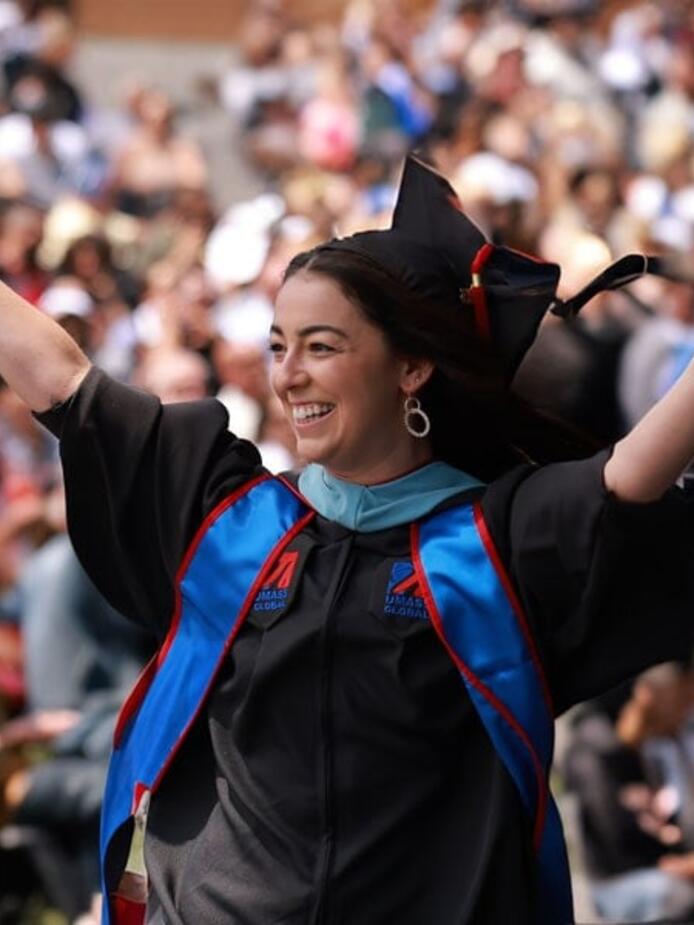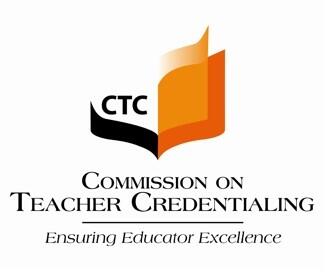An MSW Degree Made for Advocates Pursuing Licensure
UMass Global's CSWE-accredited online Master of Social Work degree equips you with the knowledge and experience you need to succeed in this rewarding field. This flexible, affordable program is designed for working professionals. Every MSW student is paired with a dedicated faculty mentor and supported by full‑time social work faculty who bring broad real‑world experience, meet with you 1‑on‑1, and actively collaborate with agency supervisors.
Prepare to make a difference across a spectrum of settings, including child protective services agencies; criminal justice, legal service, and military organizations; local, state, and federal agencies; home-and school-based programs; hospitals and other healthcare settings; mental health and substance abuse treatment programs; and nonprofit social service, human rights, and advocacy organizations.
Classes are available fully online with two pathways to complete the Master of Social Work degree:
- Advanced standing MSW for BSW grads: If you hold a CSWE‑accredited BSW/BASW/BSSW, you may qualify to complete your MSW in as little as one year with 39 credits and 600 practicum hours.
- Standard MSW track for any bachelor’s degree: If your degree isn’t in social work, you can still earn your MSW in about two years through the standard advanced generalist track with 69 credits and 1,000 practicum hours.



























